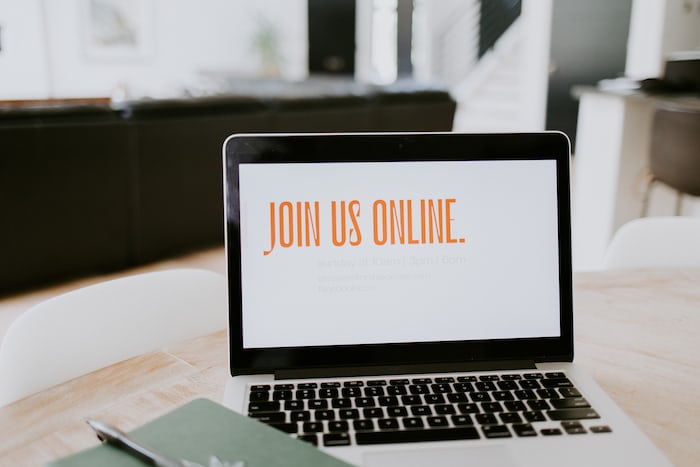South Africa is taking steps to curb harmful content online by introducing new draft regulations.
The Film and Publication Board (FPB) hopes to curb harmful content on platforms like Facebook and WhatsApp with these proposed industry codes and guidelines.
“We’ve seen too many cases of child exploitation and abuse online,” said FPB CEO Clive Mokonoto. “It’s imperative we enhance oversight to counter this disturbing content proliferation.”
The draft regulations establish clear criteria for identifying prohibited material to protect users from harm. They also encourage responsible online behaviour to prevent the spread of toxic content in the first place.
With peer-to-peer platforms booming, the FPB realised guidance was needed on ethical video sharing that respects privacy. “We want to foster online spaces where freedom of expression and user protection are balanced,” explained Mokonoto.
Public consultation remained open until September 8th, underscoring the FPB’s commitment to inclusive decision-making when shaping these rules. Mokonoto said diverse input will help tailor balanced, effective guidelines for South Africa’s digital landscape.
But regulatory advisor Dominic Cull identified unclear provisions around incitement and hate speech. “While internet providers must now register with the FPB, those meeting the definition simply have to comply,” said Cull, founder of Ellipsis and advisor to the Internet Service Providers Association.
The FPB distinguishes between platforms facilitating direct sharing versus private messaging services like WhatsApp. Their proposed video-sharing principles prohibit sexual content without consent or aiming to harm.
“We structured the draft regulations around three pillars: classifying harmful content, preventing online harm, and peer-to-peer video guidance,” Mokonoto explained. “Following these guidelines should make users think twice before posting dangerous materials online.”
Mokonoto believes implementing these rules of the online road will create a safer, more responsible digital driving experience in South Africa. However, success will depend on cooperative compliance from both platforms and users.
“With inclusive public input, we can develop balanced, tailored guidelines to enhance protection without sacrificing expression,” Mokonoto said. “If we work together, the internet can be a place that empowers people rather than harms them.”





